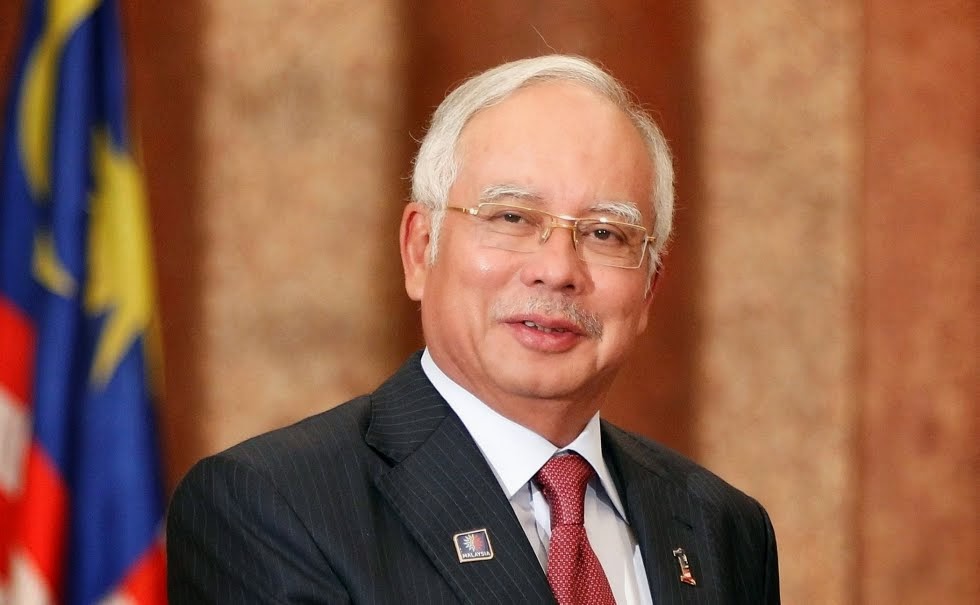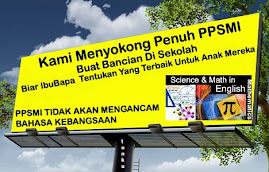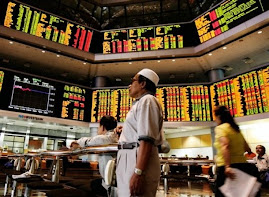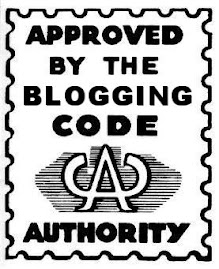Here are excerpts from the inteview:
Q: Apart from Singapore and Malaysia, which are ready for the ASEAN Economic Community in 2015, how do we handle the rest? I think Indonesia, the Philippines are in good condition, not too bad. I'm not sure about Thailand. You can tell me about Thailand. What about the rest, how do they get ready?
A: Among the things we want to do is to remove our import duties between ASEAN countries. Whereas some countries like Singapore, even Malaysia, do not depend on import duties for their revenue but the other countries still depend a lot on import duties. Maybe Indonesia might have some oil but still (depends on import duties). If they allow free flow to the country, the goods they produce, motorcars they produce, cannot compete with the cars from a country where it's much better developed.
Thailand, for example, exports more than a million cars and of course, Malaysia tries to produce its own cars. If we import Thailand's cars into Malaysia, of course it would be cheaper than our national cars.
So we should take into consideration the strength and weakness of each member country and make allowances for these countries to retain their import duties, allow them some exclusivity on certain areas including among professions, things like that including studying the impact of the currency rate.
I propose that we should have a trading currency, purely for trading, but you retain your own national currency. We have to study carefully otherwise we might fall into a trap like the Europeans allowed themselves to be trapped in.
Q: Trading currency means you're talking about the currency of not the US dollar or euro or the yuan of China. What do have in mind?
A: A special currency which is particular for ASEAN or East Asia that is based on gold.
Q: But the gold price goes up and down every day.
A: Not as bad as the US dollar. The US dollar was 35 per one ounce of gold previously. Today it is 1,000-odd dollars per ounce of gold.
Q: You sound like you are jealous of Thailand in the automobile industry. You went your own way to build your national car. Thailand decided on a different direction, inviting outsiders to come and assemble their cars here. Now, would you confess that you made a mistake on the national car and that Thailand made a successful strategy?
A:When we proposed our national car, Thailand had gone far beyond us in terms of manufacturing cars. Thailand is adopting the strategy of assembling cars and when we give Thailand the right to call this as a national car, if they have 40-per-cent local content, we have 90-per-cent local content, so because of that our cars do not sell very well.
Yes, we export some cars to Thailand but a lot of cars built in Thailand are imported to Malaysia because they are cheaper. If they are imported from Japan, they cannot compete with our cars. It's not a question of being jealous. We are happy that Thailand is richer now. Because, we have the belief in the prosperity of our neighbours. We want our neighbour to prosper, because when they prosper, they create less problems for us and they become very good markets for our exports.
Q: I'm sure we also want our neighbour to be prosperous. Now what exactly should we do now, 2015 is very close. Otherwise, as you suggested, we might fall in the EU trap and we might fail, but we cannot afford to fail, as we are poorer than many countries in the world. For example if you look at Laos, Cambodia, Myanmar, how can these poorer countries cope with 2015?
A: Firstly, we need to study the reason why the European Union went into a crisis. If we understand that then we can avoid what caused them to fail. One particular thing I want to point out is the use of a common currency, not only for trading but also for domestic use. Now if you are selling in baht, the baht is one-tenth of the ringgit. We name our price in ringgit, that about 10 times (the value) of the baht, but when you convert into a common currency, what is the rate?
The Europeans did not consider the varying value so when they convert their national currencies into the common currency, the prices (of goods and services) shot up. You see, the euro is stronger than the peso in Spain or the currency in Greece and Portugal, so the price (of goods and services) is coming up and when the price comes up tourists do not come. The prices of things you export become expensive. So you lose competitiveness.
So we must understand this before we come together in a single community. We must understand what happened to Europe and avoid the mistake they made. We have to understand the reality and position of the countries when we come together - which one is poor, which one is rich. What is the cause of poverty and other things. And then, we formulate a structure for the AEC that tries to avoid all the problems that may arise in the future.
Q: What will happen if they proceed with the original schedule in 2015?
A: I think some countries might find this very difficult for themselves.
Q: Will they be like Greece or Turkey?
A:If they stay out, they might be like Turkey but if they go in, they might be like Greece, which is bankrupt (laughs).
Q:So it is equally bad?
A: No, I think we should come together but we should make allowances for Myanmar, for Laos, for Cambodia. We should know why their economies are not developing as fast. We should have more investment from other ASEAN countries. We should allow them to protect their economies to a certain extent. Maybe if the tariff is 10 per cent, 20 per cent - we reduced it - but not to zero, while the others are reduced to zero. So consideration should be given to the level of economic development of these three countries.
Q: But, I have not heard from Laos, Cambodia, Myanmar, that they are not ready. They said they are ready. Why are you concerned for them?
A: I'm concerned to see the ASEAN success when they become a community.
Q: You are over-concerned?
A: Perhaps, as I'm no longer in authority, nor power.
Q:If you were still prime minister of Malaysia, would you not say it like this?
I would say this and I would try to do something about this. Now I cannot do anything. All I can do is talk.
Q: That's good enough, have you talked to your prime minister?
A:He is busy with a lot of things, which affect him domestically and internationally. As you know we are going to sign the TPP (Trans Pacific Partnership) - that is very disastrous.
Q:You don't agree with that because it is an American product?
A: Yes, it is designed by them and the people who designed this, they do it only for their own good, not for you.
Q: You are still anti-America?
No, I have a lot of American friends but I don't like their policy. We can be good friends but their policies are not good for us and the rest of the world.
Q: So do you think Obama should bomb Syria?
A: That's one thing I very much oppose. I told the students at Thammasat University that if you bomb people, kill people, you are a terrorist. Whether you are a state or individual, if you go to kill people who are innocent you are a terrorist. So you cannot define a group of people as terrorists. There is also state terrorism.
Q: So you think Putin is right?
A:I think so, because even Obama accepts that idea.
Q: How do you see American policy to Asia, moving their navy from the Atlantic to the Pacific? How do you see the confrontation between the US and China in Asia?
A:I don't like this at all. We have been trading with China for almost 2,000 years. China was very big and was a most developed country in the past. They could have conquered, but they didn't. They came and lived in Malaysia but they didn't conquer us. The Europeans came in 1509, they came to Malacca. Two years later, they came with a fleet and conquered us.
I'm more worried about the European attitude than the Chinese attitude, and I don't want to be involved in any confrontation with China.
China is a good trading nation, 1.4 billion people and I used to say that if 1.4 billion people take one spoonful of palm oil a day, we will become very rich.
Q: So can I say you're pro-China, anti-America and anti-Europe?
A: Well, I'm not pro-China but I have no problem with China. Well, there is a little problem in the South China Sea but I don't like American policy. It's only talking about war, regime change and conquest.
These things cost a lot of money and lives of people. You see Saddam Hussein was a very bad man but he did not kill as many Iraqis as the Americans.
Q: How do you propose the conflict in the South China Sea between China and ASEAN members, including Malaysia, could be resolved?
I think we should come to the Chinese - they are quite willing to talk. They want to talk one by one but we would like to talk as a group. But, even to talk one by one, this is something we should try. The one we should not try is to bring a foreign military to confront with the Chinese. I don't think we could fight against China. I told the Japanese when I was in Japan recently that you can't go to war with China. If you kill 100 million, there will be 1.3 billion left.
Q: That's very logical. Did the Japanese listen to you?
A: I don't know what their rationale was but I pointed out the best way to resolve disputes between nations is either by negotiation, arbitration or going to a court of law. And that's what we did with our neighbours.
We have disputes with Indonesia, Singapore and Thailand. With Singapore and Indonesia we went to the World Court. With Thailand, we decided that what we produced in the sea, where there is an overlapping claim, we would share 50:50.
We didn't go to war, we didn't kill any Thais.
Q: So you disagree with Singapore's position that there should be a proper balance between the US and China in Asia?
A: The Americans can confine China but I don't see why Malaysia should be involved in the American confrontation. I don't believe in war as a solution to conflicts between nations. You see, if we kill a person, we are a murderer. But if you kill a million people you have to give yourself a medal and a statue for yourself. Something is illogical.
Q: You don't see something called a China threat?
A:One time when China was a communist country and very poor, we called it a threat. Now China is hardly communist and it's very rich and we call it a threat. When will you stop calling China a threat?





























No comments:
Post a Comment